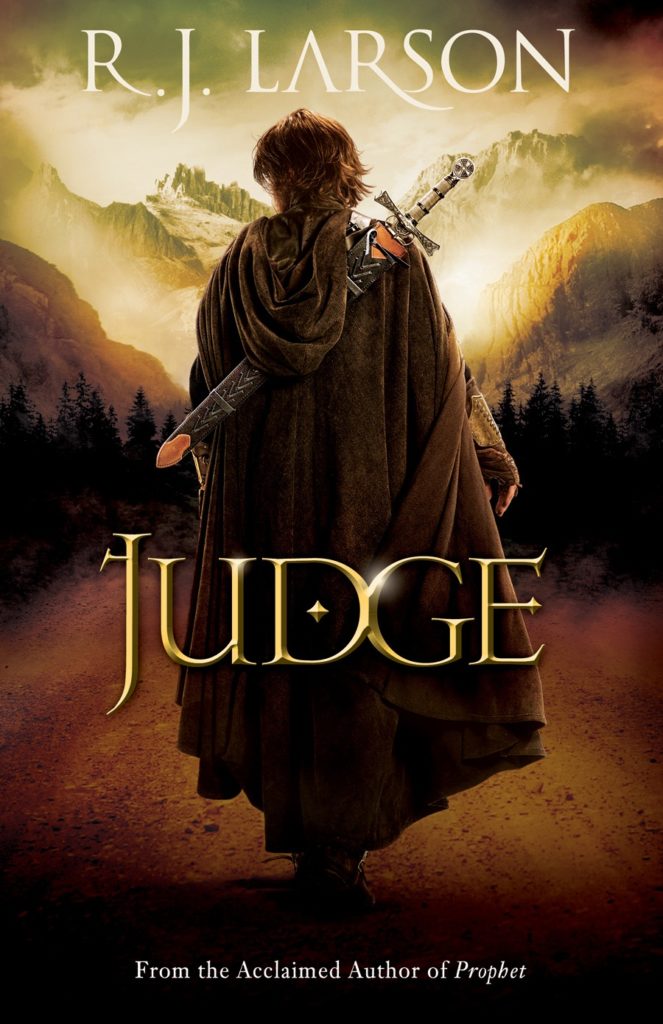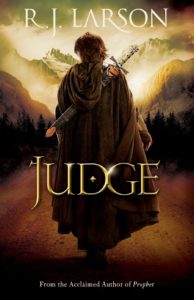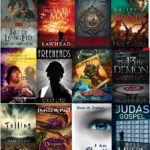Speculative Fiction And The Spiritual Journey
Of all the genres currently produced by Christian publishers, I’m convinced that speculative fiction is most predisposed to reach agnostics, atheists, and lukewarm believers—if the book’s faith element is judiciously and realistically woven into the plot.
Why speculative above all other genres?
Because speculative fiction tests our morals, ideals, and souls in “safe” yet exciting realms that are separate from our ordinary lives. Speculative fiction is a literary neutral ground. As spec-fiction readers, we can temporarily set aside our own cultures and experience other lives and spiritual mindsets with impunity—often emerging from our adventures with new perspectives. The cultural freedom readers experience in speculative realms adds to fiction’s already-recognized visceral impact as this article from the New York Times verifies.
When we read fiction—any fiction—all of our senses are involved and our brains’ activity is heightened, if the fiction is well-written and descriptive. Active writing loaded with verbs, colorful imagery, and adjectives, will evoke readers’ responses as if they are actually living the scenes themselves.
Seriously. Skillful authors can capture readers and verbally drop them into any scene, then pick at their emotions and senses, often changing their thought patterns, or even their life-long opinions. Scary, fascinating stuff! Am I advocating literary religious mind-control via a race of master-authors? Wow. Um…. No. But this neuroscience-insight ought to give every reader and author pause to reflect on the power of the written word. Simple “stories” have the power to change our thoughts and our lives.
Likewise, our spiritual outlooks can be equally affected by mere stories. If spec-fiction authors interweave faith elements naturally within their worlds’ civilizations and their characters’ hearts, allowing readers to step into the protagonist’s shoes, or even into the antagonist’s shoes, and experience their spiritual lives…the effects are potentially soul-changing, and eternal.
Speculative fiction’s cultural and spiritual mixes offer readers a shared mental playing field, allowing agnostics to evaluate their spiritual journey, while atheists can safely contemplate an “imaginary” Creator without feeling lectured (unless the author has indulged in writing lectures disguised as dialogue and heavy-handed prose), and lukewarm believers can experience their faith in fresh new ways, allowing them to look at “the same old stories” from new vantage points.
While we’re on the subject of lukewarm believers, I’ll just mention the startling numbers of biblically illiterate church attendees. Recent studies indicate that only 19 percent of church attendees read their Bibles daily. And between 30 and 45 percent of churchgoers open their Bibles once a month, or never, with the remaining percentages landing somewhere between the two camps.
Those numbers might seem startling, or incredible, but I’ve attended various church groups (not in my current church!) and watched instructors or pastors stump attendees to silence with basic questions regarding the Scriptures. Who was Ruth? How did God describe King David? Basic stuff. Yet the instructors had to answer their own questions, because their church-going students were shaking their heads in obvious bafflement. My childhood church—which shall remain unnamed—was a case-in-point: My Sunday School instructors handed out Bibles when I was thirteen, but never required us to use them. (Thankfully, I was hungry for the Word and needed no encouragement to read; I routinely borrowed my parents’ Bibles until I received my own.)
Perhaps I digress. However, given these percentages, the average church is a Bible-reader’s mission field, and our average church attendee is more likely to learn about the Bible from fiction than from the Scriptures.
Narnia, anyone?
To sum up: As devotees of speculative faith-based fiction, our genre’s cultural “neutral” ground should inspire us to literally move readers to consider their individual spiritual journeys. If, as readers, we find a great spec-fiction book that sends us digging through the scriptures, or pursuing a more active and honest relationship with our Creator, then we should share that book with our agnostic/atheist/lukewarm-believer friends. (If you are already sharing, keep going!) For those of you who happen to be authors, every word you choose has an eternal effect—therefore, wield your power judiciously and humbly whenever you sit down at your computer and prepare to enter the literary mission field!
Blessings, everyone, and thanks, Rebecca, for inviting me to stop by!
– – – – –
 R. J. Larson is the author of numerous devotionals and is suspected of eating chocolate and potato chips for lunch while writing. She lives in Colorado Springs, Colorado, with her husband and their two sons. Prophet/Books of the Infinite series, marks her debut in the fantasy genre.
R. J. Larson is the author of numerous devotionals and is suspected of eating chocolate and potato chips for lunch while writing. She lives in Colorado Springs, Colorado, with her husband and their two sons. Prophet/Books of the Infinite series, marks her debut in the fantasy genre.
To learn more about her and her speculative fiction visit her web site, Pinterest, or Facebook page and follow her on Twitter.










































I love this! It’s so inspiring to think that, in creating in our human imitation of our Creator, we have the ability to convey so much truth and even be used as an instrument in God’s hand to change hearts!
Great post, R. J.
Those stats about church goers and Bible reading are a little shocking. It does give a new perspective on reaching those in church who still don’t know Christ.
Becky
Thanks, Rebecca!
Yes, the stats are shocking. I hope this is only a surface reading and that the numbers haven’t accounted for a deeper and enduring faith among those who don’t read the Word routinely. My personal, slightly dyslexic, struggles with numbers make it difficult for me to memorize favorite verses. While I do read and comprehend my Bible, I envy those who can easily recite their personal verses and chapters!